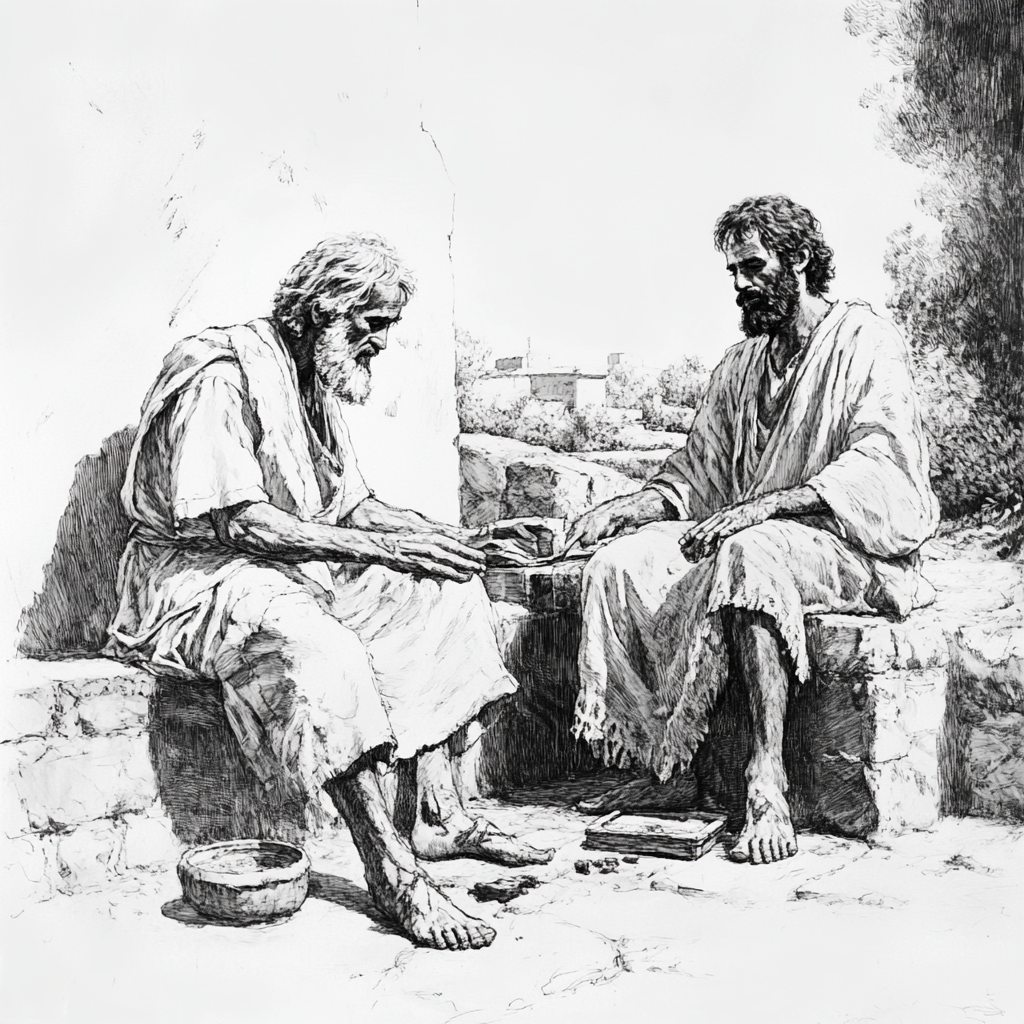Opening Verse
“For we are his workmanship, created in Christ Jesus unto good works, which God hath before ordained that we should walk in them.”
Ephesians 2:10 (KJV)
Introduction
Pancake mix sits on a shelf as a powder, holding potential but unable to fulfill its purpose without the right ingredients. We are similar—God created us with purpose, but we need His touch and direction to truly live it out.
Devotional Story
One Saturday morning, a father decided to make pancakes for his family. He opened a box of pancake mix, poured it into a bowl, and added eggs and water. Stirring the mixture, he watched as the batter slowly formed, ready to be poured onto the skillet. He realized that, by itself, the mix wouldn’t be much. But with the right ingredients and the right temperature, it would become a delicious meal to nourish his family.
As he thought about this, he saw a parallel to life. We’re like that pancake mix—full of potential but needing God’s guidance and Spirit to fulfill our purpose. Just as the mix was transformed by eggs, water, and heat, we are transformed when God works in us. He takes our simple lives and makes them into something beautiful and fulfilling, something that blesses others.
What This Means
Like pancake mix, we were designed for a purpose. God has made each of us uniquely, with good works prepared in advance. But to walk in that purpose, we need to be open to God’s touch. He wants to mix His love, wisdom, and Spirit into our lives, so we can be a blessing to others and fulfill His plan.
Think About This
Is there a part of your life that feels unfinished or unused? Ask God to guide you and show you how He wants to shape you. Be open to His presence, and let Him transform your life.
Prayer
Heavenly Father, thank You for creating me with purpose. I ask that You add Your wisdom, strength, and Spirit to my life so I can walk in the good works You have prepared for me. Help me to be open to Your guidance and let my life be a blessing to others. In Jesus’ name, Amen.
Closing Verse
“Take my yoke upon you, and learn of me; for I am meek and lowly in heart: and ye shall find rest unto your souls.”
Matthew 11:29 (KJV)









